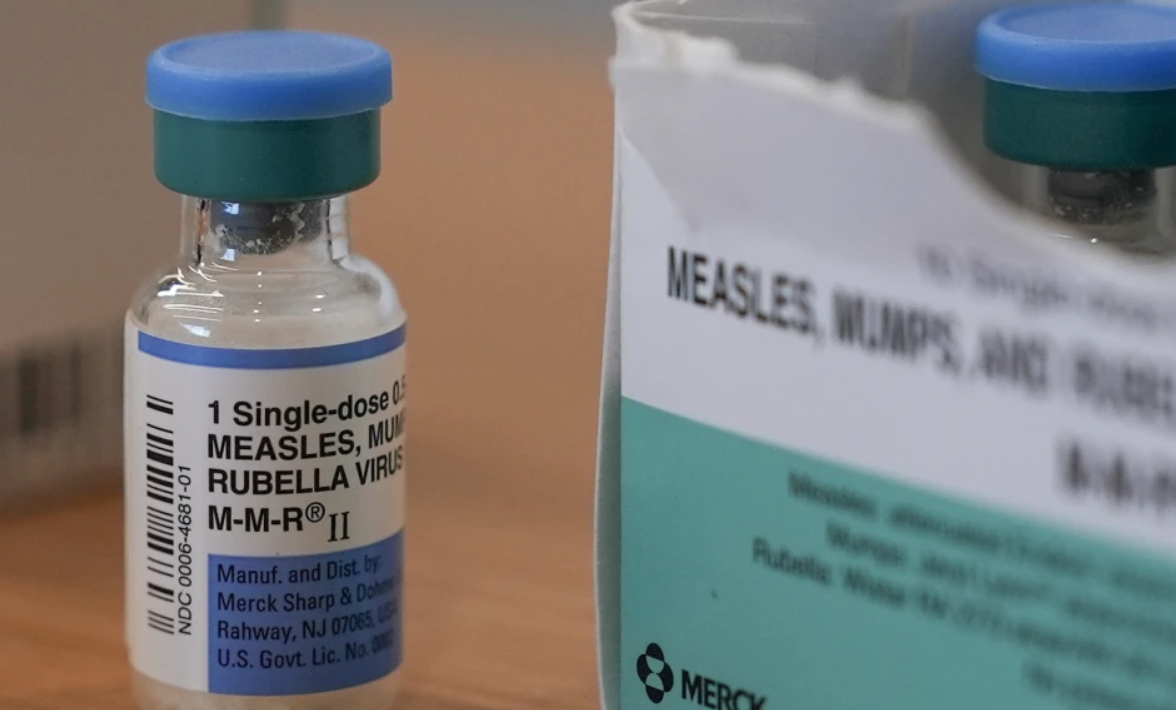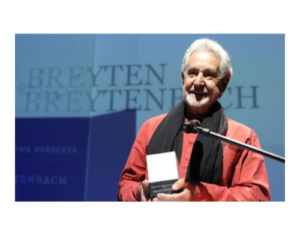In 2024, Europe and Central Asia saw a significant rise in measles cases, with a total of 127,350 reported, more than double the number from the previous year. This marked the highest number of cases since 1997, according to a report by the World Health Organization and UNICEF. Romania had the highest number of measles infections, recording over 30,000 cases, followed by Kazakhstan, which reported 28,147 cases.
UNICEF highlighted that around 40% of the measles cases in these regions were in children under five years old, and more than half of the infected individuals required hospitalization. Measles, one of the most contagious diseases, is caused by an airborne virus.
The measles vaccine, which requires two doses, is estimated to be 97% effective in preventing the disease. Measles typically affects the respiratory system and causes symptoms such as fever, cough, runny nose, and a rash. In severe cases, it can lead to complications like pneumonia, encephalitis, dehydration, and blindness.
Dr. Han Kluge, the World Health Organization’s Europe director, emphasized the alarming resurgence of measles, calling it a “wake-up call.” He stated, “Without high vaccination rates, there is no health security.”
WHO and UNICEF highlighted concerning vaccination rates in Bosnia and Herzegovina and Montenegro, where fewer than 70% and 50% of children, respectively, have been vaccinated against measles over the past five years. Experts estimate that over 95% of the population needs to be vaccinated to prevent outbreaks.
Following a decline in vaccination rates during the COVID-19 pandemic, measles cases surged in 2023 and 2024, with many countries still seeing lower vaccination coverage compared to pre-pandemic levels. The U.N. reported that Europe accounted for about a third of the approximately 359,521 measles cases last year.
Concerns about the measles vaccine’s safety have lingered since a 1998 study by British doctor Andrew Wakefield, which falsely linked the measles, mumps, and rubella (MMR) vaccine to autism. The paper was retracted, and no evidence of any such connection has ever been found. Wakefield’s medical license was also revoked in the U.K. for unethical practices.
British officials reported over 200 cases of measles last month, with many more expected. Ben Kaastan-Dabush, an assistant professor in global health at the London School of Hygiene and Tropical Medicine, emphasized that it’s never too late to get vaccinated. He also cautioned that misinformation can spread quickly and noted that even a small drop in vaccination rates can have severe consequences.
In the U.S., measles outbreaks in Texas and New Mexico are still ongoing, with cases now reaching 250, including two deaths in individuals who were not vaccinated.













